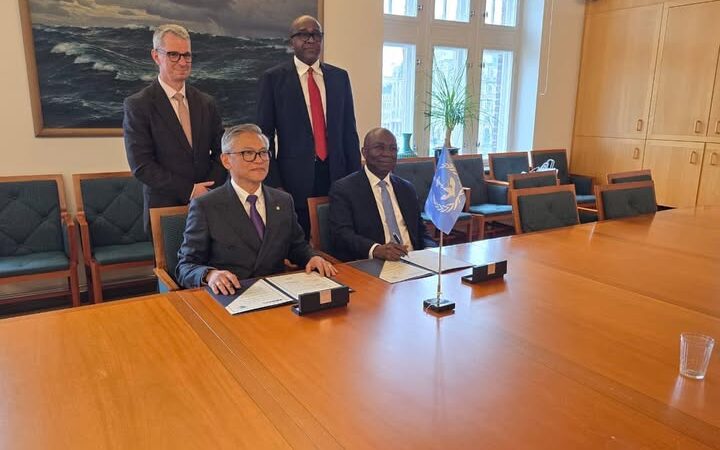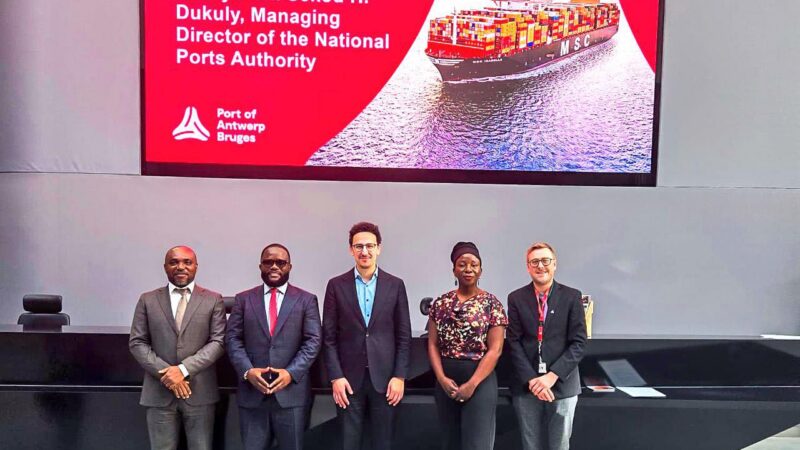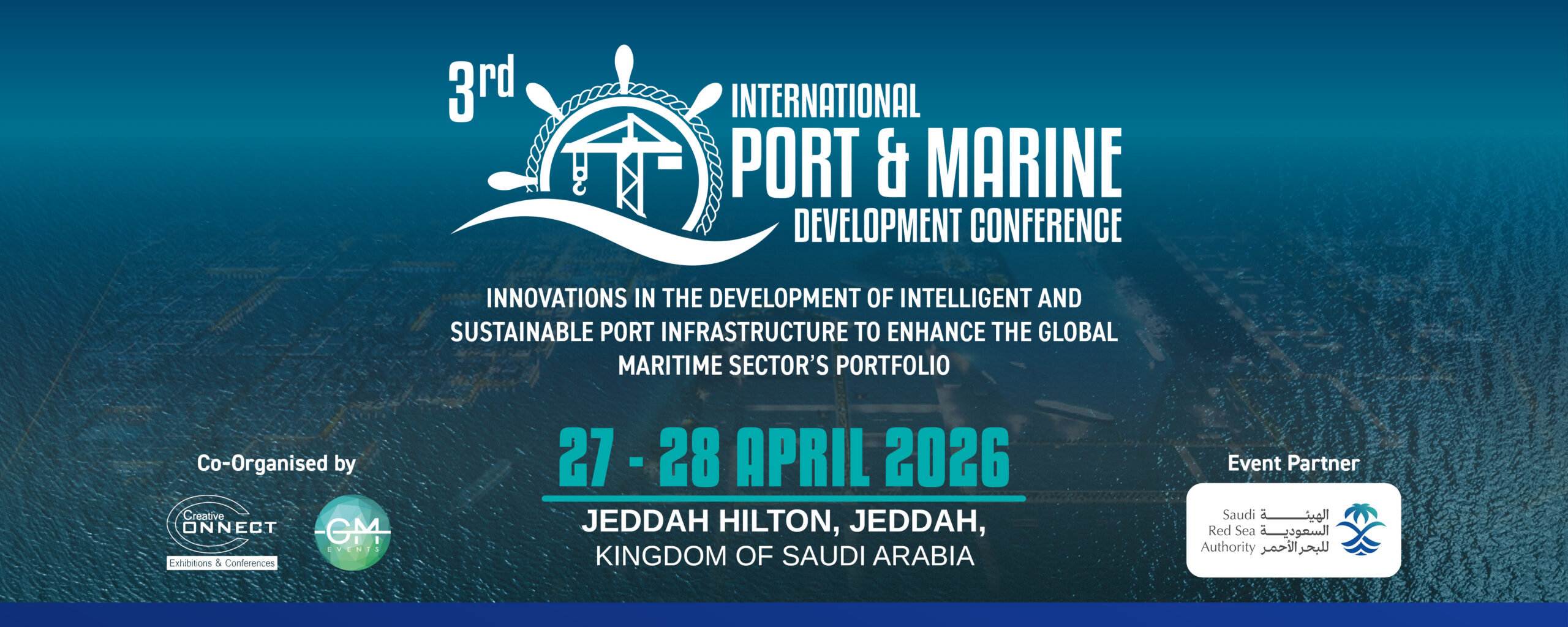Should West Africa remain absent from maritime transport ?
With nearly 170.7 million tonnes of oil per year, West Africa is the 3rd largest oil exporting region in the world, behind the Persian Gulf and Russia. It is also the world’s leading exporter of agricultural raw materials, notably cocoa, with annual production of 2.1 million tonnes, of which only 1/3 is processed locally. At the same time, the region imports most of its consumer goods, such as cereals and manufactured goods. The paradox is that the region is virtually excluded from the transport of all these heavy goods by sea. This contradiction, which is detrimental to the region, must come to an end.
First, from an economic point of view, freight is included in the price of the goods, which represents a loss of earnings for the exporting country which does not participate in the transport. Furthermore, maritime transport is a tool of national sovereignty. If Denmark protects Maersk Line as an economic engine, France CMA CGM, Germany Hapag-Lloyd, China COSCO and South Korea Hyundai Merchant Marine (HMM), why cannot Côte d’Ivoire and Ghana, for example, do the same ?
Admittedly, before the mid-1990s, our countries had shipping companies that were unable to withstand the disappearance of the cargo distribution system, international competition and management problems, but the lessons learned from this past must be put to good use to reinvest in the shipping sector, which is dominated by the United States, China, the countries of the European Union and Japan.
by Barthélemy Blédé, Independent Maritime Expert, West and Central Africa






